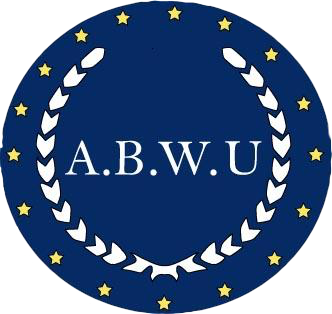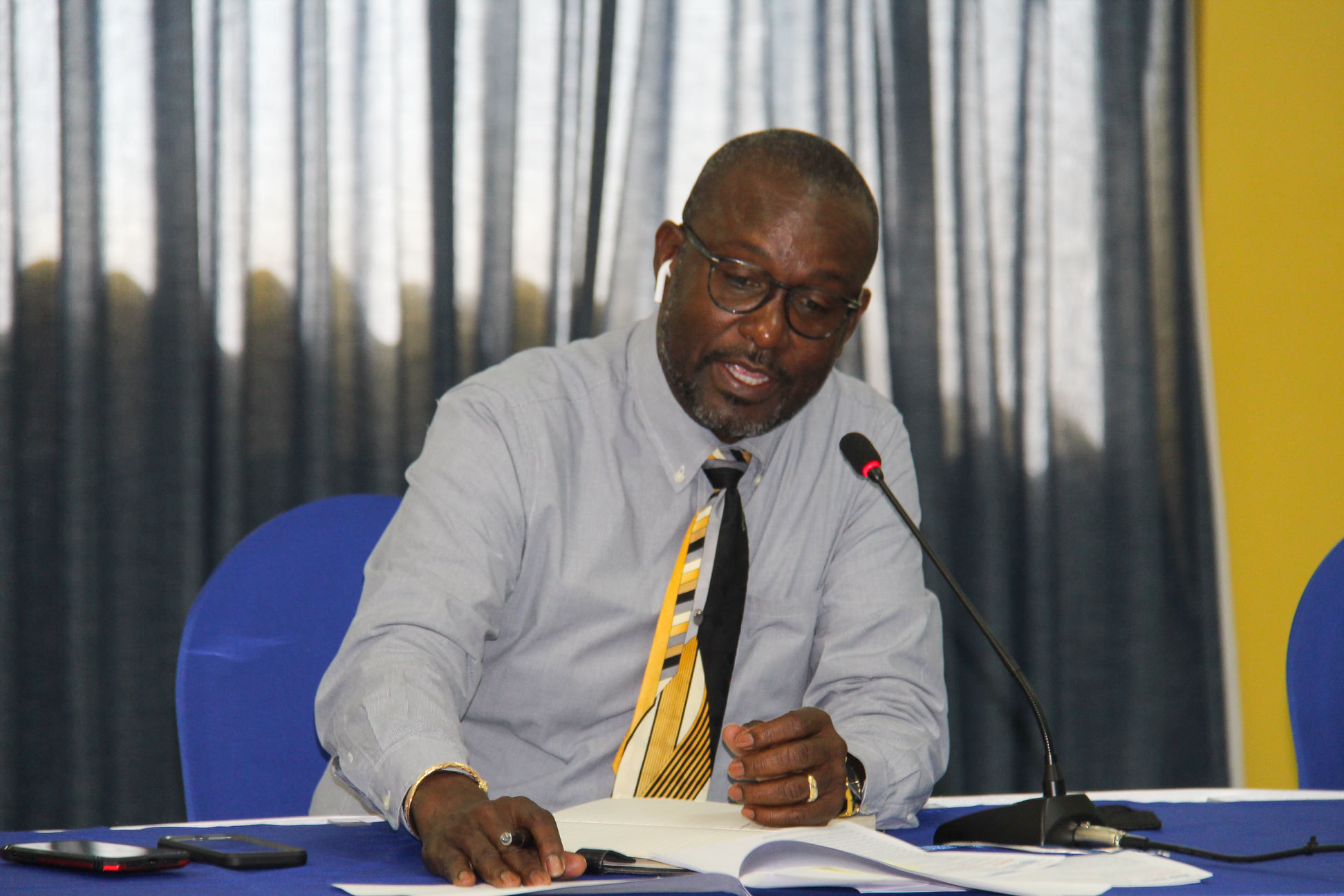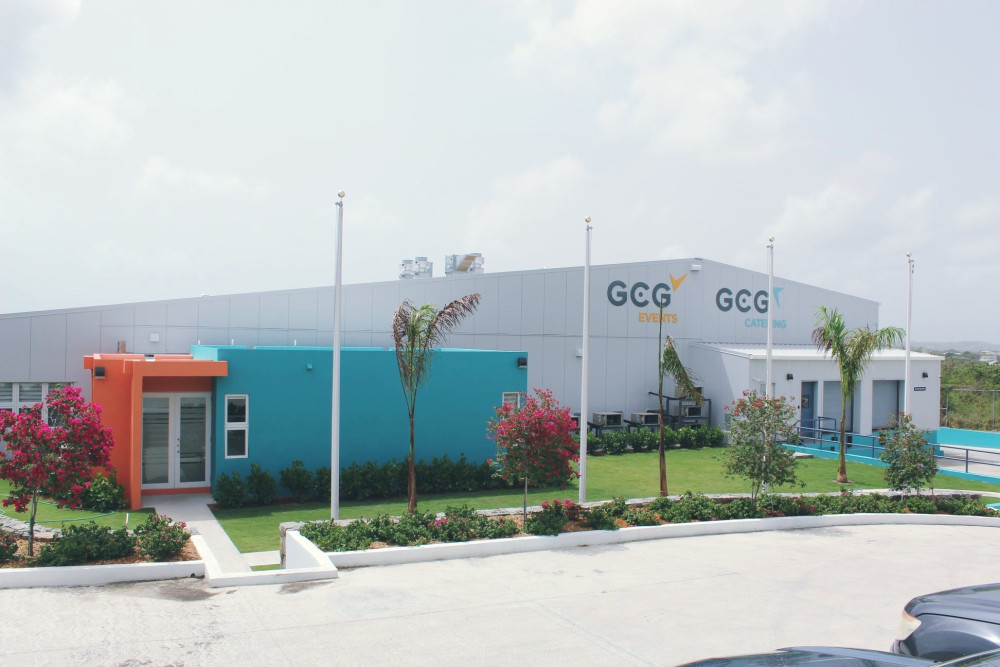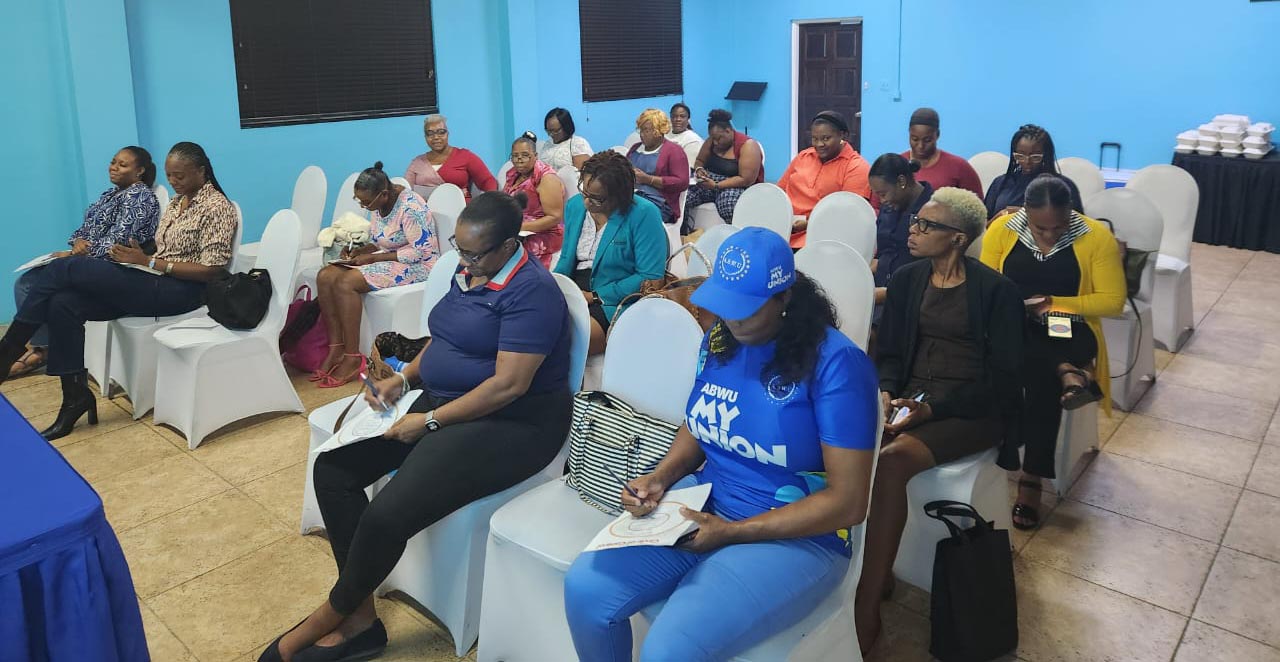(Antigua Observer) Workers in Antigua and Barbuda must prepare for a technological revolution that is reshaping every aspect of employment.
That was the core message re-iterated by union leaders, [on Monday], as the Antigua and Barbuda Worker’s Union opened its 58th Annual Delegates Conference.
The conference, held under the theme “Technology and Solidarity: Navigating the New Workplace,” brought together leaders in the industrial relations industry and delegates from various workplaces across the island represented by the ABWU.
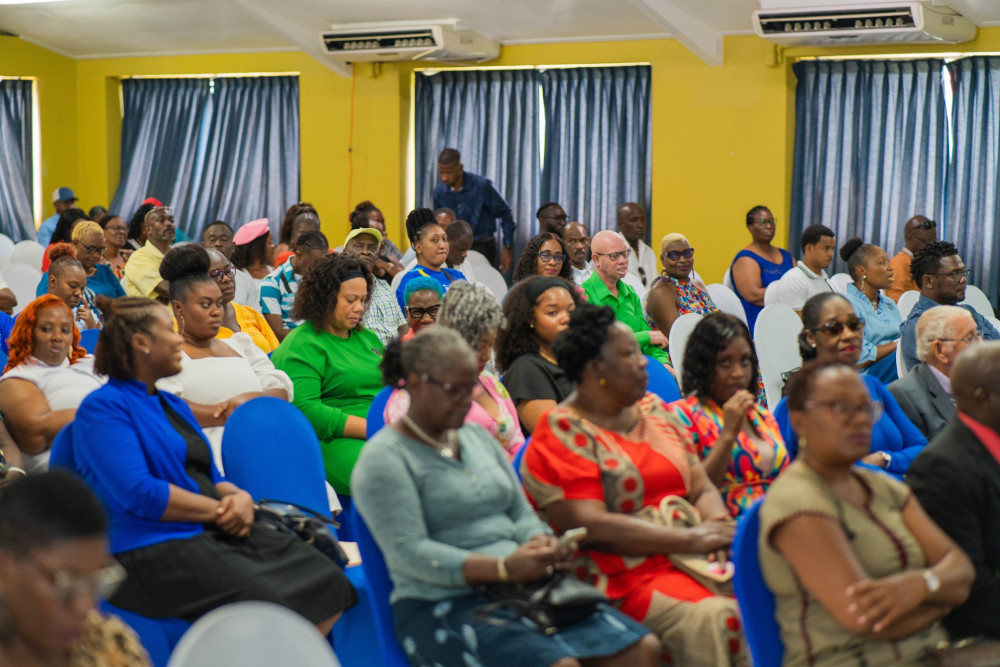
General Secretary Senator David Massiah noted in his address to delegates that AI systems are already being used to determine who gets hired and how workers are evaluated.
“We must demand to know when algorithms are being used to make decisions that affect people’s livelihoods and need to go further and insist that workers, not just managers, have a say in how AI is introduced and applied in the workplace,” Senator Massiah said. “This is where we need to hear more from you, our members, if we are to be effective in representing and guiding the working class. The union needs you.”
Re-enforcing elements of a pre-conference conversation with Chester Hughes the Union’s Deputy General Secretary, the General Secretary stressed that technology must be used as a tool for fairness rather than exploitation and warned that left unchecked, AI can perpetuate existing discriminatory biases.
Senator Massiah noted that in the hospitality sector, while guests may appreciate technological conveniences, they continue to value human interaction and connection.
“They still crave the warmth of a greeting, the smile of the staff and the general care and touch associated with the worker,” Massiah said. “Our focus together must ensure that technology complements rather than replace human workers.”
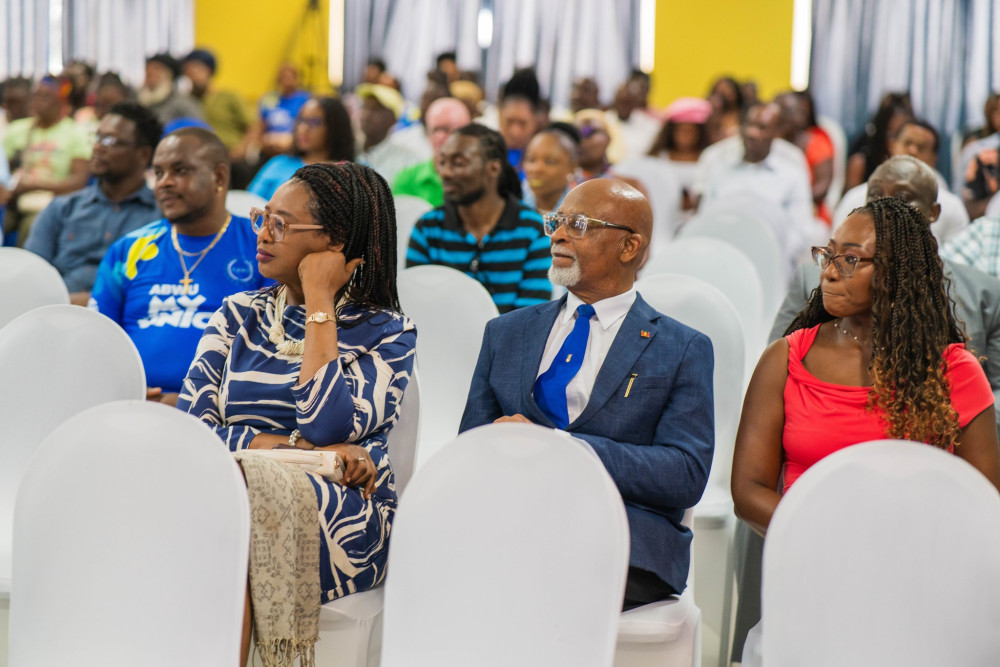
He outlined the union’s position that employers must be transparent about new technology implementation.
“We need to ensure that workers be retrained, regular audits of AI systems be transparent and shared, and that no new technology be introduced without consultation or worker involvement,” Massiah said.
ABWU President Kem Riley argued that while technology may shape the scope of work, it is solidarity that shapes the conditions of work.
“Technology will determine the speed of the change, but in solidarity, we will have the ability to stand together, demand fairness, which will determine the direction of change at the workplace,” Riley said.
Riley emphasized that workers are living through one of the greatest transformations in the history of work, comparing the current digital revolution to the industrial revolution that changed factory floors.
“What once took decades to unfold is now happening in a matter of years, sometimes months,” Riley explained. “Artificial intelligence, automation, and digital platforms have become our daily companions, whether we realise it or not.”
“Automation is streamlining repetitive tasks, freeing up workers so that they are able to accomplish more creative and complex tasks,” Riley added. “The advancement of technology is no small gain. It represents a leap forward in productivity, in efficiency, and in global connectivity.”
Riley, however, expressed concern about technology being used for surveillance rather than empowerment.
“In some workplaces, technology is being used less as a tool of empowerment and more as a tool of surveillance, monitoring every keystroke and measuring productivity by the second,” Riley said.
Meanwhile, feature speaker Paula Lee, Executive Director of the University of the West Indies Five Islands Campus Lifelong Learning Unit, revealed a concerning disconnect between worker training needs and preferences.
Lee told the conference that despite AI’s impact on administrative roles, 80 percent of individuals registering for courses continue to insist on administrative training rather than technology-focused programmes.
She called for unions to advocate for transparency in AI implementation and to ensure workers are retrained rather than replaced.
“So, technicians who would have worked on the legacy systems of the past, if you have a new system, why make them redundant? Retool them. Help them to relearn, understand the new system so that they can have the dignity of employment and can take care of themselves and their families,” Lee said.
Lee challenged the union to go beyond traditional advocacy for wages and benefits to actively promote workplace kindness.
“The toxic circumstances within some of these workplaces – they deplete energy, erode workers’ health, and the most painful part is that they attempt to silence their voices.
“Business leaders and supervisors, they promise to resolve these issues, but often times they do not have the courage, they do not have the bravery… to tackle certain challenges and so just like cold cases in murder series, the employees’ matter become cold cases, buried under bureaucracy and indifference.
“Let us build workplaces where every voice is heard, every person is valued, mental health is protected, empathy is embedded in leadership, justice is not delayed, it is delivered,” she said.
Representatives from international affiliates, including the International Labour Organisation, sent greetings acknowledging the timely nature of the conference theme as unions worldwide grapple with technological change in the workplace.
ADVERTISMENT:
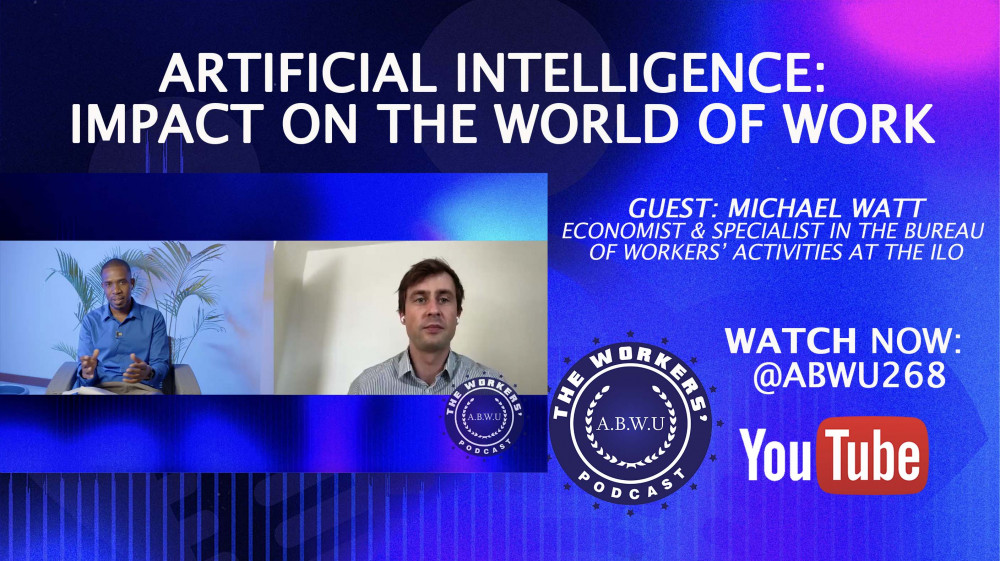
WATCH NOW: https://www.youtube.com/watch?...
